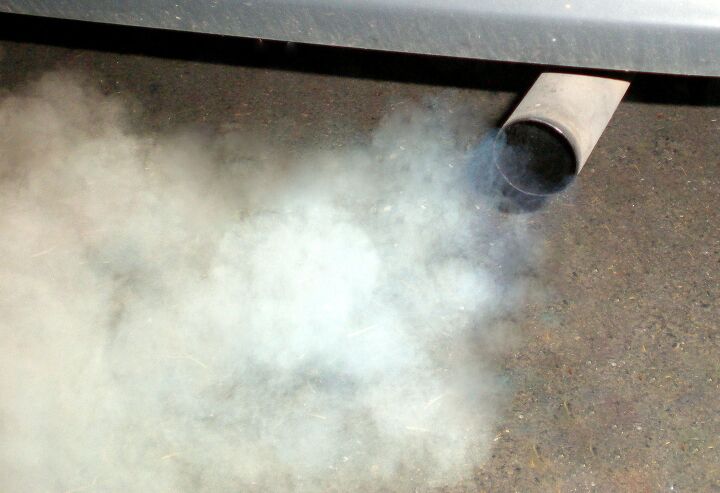Unfixable Volkswagen Diesels Could Keep Living the California Dream

There’s a chance that older Volkswagen TDI models branded as pollution monsters in the ongoing diesel emissions scandal could keep rolling along the avenues and alleyways of the Golden State.
On March 8, California’s air regulator floated the idea that diesels that can’t fully be brought back into compliance with state laws might get a pass, according to Reuters.
Tod Sax, chief of the California Air Resources Board’s enforcement division, admitted that bringing every one of the state’s approximately 82,000 afflicted diesels up to code is probably not possible.
“We will have to decide what the best approach is to dealing with these vehicles, and one of the options potentially would be to accept something less than a full fix,” Sax said at a legislative hearing.
Newer TDI models that use the urea-based diesel exhaust fluid AdBlue might be able to get by with software tweaks alone, but older models that rely on lean NOx traps (LNTs) would probably need extensive modifications.
Volkswagen’s legal department has unofficially toyed with the idea of buying back hundreds of thousands of the unfixable diesels, and the company is already snatching them out of pre-owned circulation.
Such a move would be a ray of sunshine for Volkswagen, which is facing a financial storm of declining sales, sky-high recall costs, looming fines and lawsuits.
Still, according to Sax, the company would have to fork over money to California to offset the environmental harm caused by having its somewhat less dirty diesels plying the state’s roadways.
Factoring into CARB’s decision to consider a partial-fix solution was a concern raised at the hearing by a state senator, who worried Volkswagen could sell bought-back vehicles in a foreign market with less stringent regulations.
Earlier this week, Volkswagen admitted to U.S. regulators that they couldn’t meet a March 24 deadline to submit a plan for fixing its 2.0-liter diesel models.
[Image: JT/Flickr]

More by Steph Willems
Latest Car Reviews
Read moreLatest Product Reviews
Read moreRecent Comments
- Lorenzo I just noticed the 1954 Ford Customline V8 has the same exterior dimensions, but better legroom, shoulder room, hip room, a V8 engine, and a trunk lid. It sold, with Fordomatic, for $21,500, inflation adjusted.
- Lorenzo They won't be sold just in Beverly Hills - there's a Nieman-Marcus in nearly every big city. When they're finally junked, the transfer case will be first to be salvaged, since it'll be unused.
- Ltcmgm78 Just what we need to do: add more EVs that require a charging station! We own a Volt. We charge at home. We bought the Volt off-lease. We're retired and can do all our daily errands without burning any gasoline. For us this works, but we no longer have a work commute.
- Michael S6 Given the choice between the Hornet R/T and the Alfa, I'd pick an Uber.
- Michael S6 Nissan seems to be doing well at the low end of the market with their small cars and cuv. Competitiveness evaporates as you move up to larger size cars and suvs.


































Comments
Join the conversation
Technically, if the emission is 40x the limit, and VW pay for the emission improvement necessary to eliminate 40 other typical cars within limits, that'll be acceptable as the overall result is equivalent. This would likely means VW will buy 40 clunkers to crush for every VW they sold with the emission fraud. How are they going to do that cheaper than buying them back and haul them to Afghan? I don't know. It's probably cheaper if they pay Toyota Nissan and Tesla to buy their hybrid and EV emission credit.
The obvious solution, replace all cheater TDIs with new Golf Rs